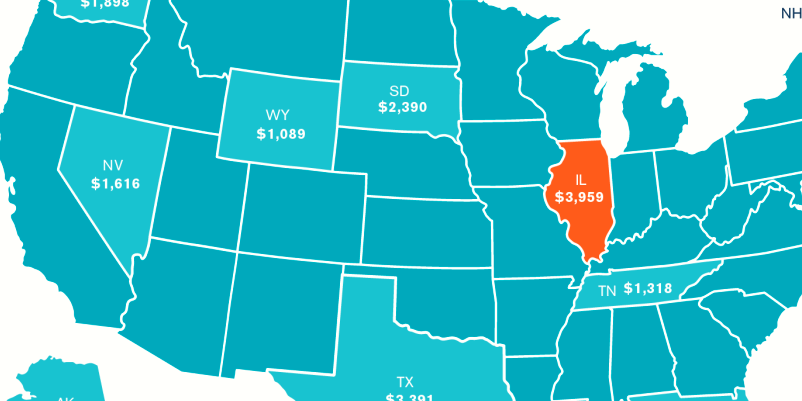Retirement Planning 101- How to Prepare for a Comfortable Retirement
Retirement is an important life event that requires careful planning to ensure a comfortable and secure future. It's essential to start planning for retirement early, but there is always time. In this article, we'll cover the basics of retirement planning and offer tips on preparing for a comfortable retirement.
1. Identify your retirement goals
The first step in retirement planning is setting your retirement goals. These include how much income you need to maintain the lifestyle you want, how old you want to retire, and your retirement goals, such as travel or hobbies.

2. Cherish your retirement savings
After setting your retirement goals, the next step is estimating your retirement expenses. This includes your living expenses, such as housing, utilities, groceries, and health care, and any voluntary expenses you may have, such as B. Travel or hospitality.
3. Calculate your retirement income
It would be best if you calculated your retirement income to determine whether you are on track to meet your retirement goals. This includes any pension or social security benefits you may be entitled to and any savings and investments you have.
4. Save for retirement
Once you've set your retirement goals, estimated your expenses, and calculated your income, it's time to start saving for retirement. The earlier you start saving, the easier it is to achieve your retirement goals.
5. Take advantage of tax-advantaged retirement accounts
One of the most effective ways to save for retirement is to use a tax-advantaged retirement account, such as a 401(k) plan or an Individual Retirement Account (IRA). These accounts allow you to save pre-tax money for retirement, which can lower your taxable income and help your savings grow faster.
6. Invest your retirement savings
In addition to saving for retirement, investing your retirement savings wisely is essential. That means choosing suitable investments for your age, risk appetite, and retirement goals. It's also important to regularly review and rebalance your investments to ensure they continue to align with your goals.

7. Consider delaying Social Security
If you are eligible to receive Social Security benefits, consider delaying receiving benefits until you reach full retirement age or later. Delaying your benefits could increase monthly benefit payments and help your savings continue throughout retirement.
8. Medical Expenses Plan
One of the most significant expenses in retirement is health care. Planning for healthcare costs is essential by researching your Medicare options, considering long-term care insurance, and building an emergency healthcare fund.
9. Create a retirement budget
Creating a retirement budget can help you manage your expenses and ensure your retirement income lasts as long as needed. A retirement budget should include your monthly living expenses and any voluntary expenses you may have.
10. Review Your Retirement Plan Regularly
Finally, it's essential to regularly review your retirement plan to ensure it continues to align with your goals. This could include adjusting your savings rate, refocusing your investments, or revising your retirement budget.
Finally, retirement planning is an essential part of financial planning. You can prepare for a comfortable and secure retirement by setting retirement goals, estimating expenses, calculating income, saving for retirement, investing wisely, deferring Social Security, planning for health care costs, creating a retirement budget, and regularly reviewing your retirement plan.










